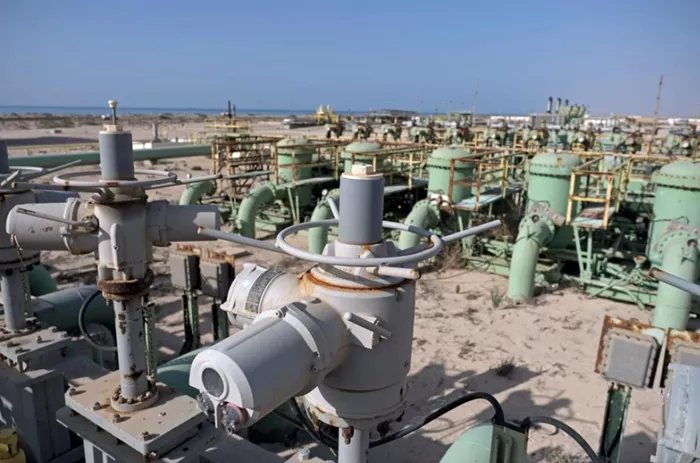Libya has officially resumed oil production at the Mabruk oilfield, marking the end of a decade-long hiatus, according to the Tripoli-based Government of National Unity (GNU). The resumption, announced on Wednesday, saw production restart on Sunday at an initial rate of 5,000 barrels per day (bpd), with plans to ramp up output to 25,000 bpd by July.
Masoud Sulaiman, Chairman of Libya’s National Oil Corporation, confirmed that the country aims to significantly increase its oil production from the current 1.4 million barrels per day (mb/d) to 2 mb/d by 2028. However, achieving this ambitious goal will require substantial investment. Abdulsadek, another key figure in the Libyan oil sector, estimated that Libya will need between $3 billion and $4 billion to reach an intermediate target of 1.6 mb/d. He also noted that a new licensing round for oil exploration is expected to be approved by the government by the end of January.
Libya’s economy remains heavily dependent on oil, which accounts for over 95% of its economic output. Abdulsadek emphasized the importance of increasing production to support the country’s reconstruction efforts. “There is momentum in reconstruction, and this can only be achieved by increasing the production,” he stated.
Libya’s push to boost its oil output follows a broader trend within OPEC, as other member countries, such as Kuwait, also set ambitious production targets. Kuwait has announced plans to nearly double its oil output over the next decade. Sheikh Nawaf al-Sabah, CEO of Kuwait Petroleum Corp., revealed during last year’s CERAWeek by S&P Global conference that the country aims to increase crude production from its current level of approximately 2.4 million barrels per day to over 4 million bpd by 2035, with the help of international oil companies.
Kuwait’s oil sector remains one of the most cost-efficient in the world, with onshore lifting costs of just $10 per barrel. However, the country has had to limit drilling activities due to OPEC+ production quotas. The country’s increased output is expected to come from the Neutral Zone shared with Saudi Arabia, as well as from its domestic oil fields.
As one of the wealthiest petroleum-based economies globally, Kuwait ranks as the fifth richest country in terms of gross national income per capita. It is OPEC’s fifth-largest producer and holds the world’s seventh-largest proven oil reserves, totaling 101 billion barrels—significantly more than the U.S. reserves, which stand at approximately 70 billion barrels.

